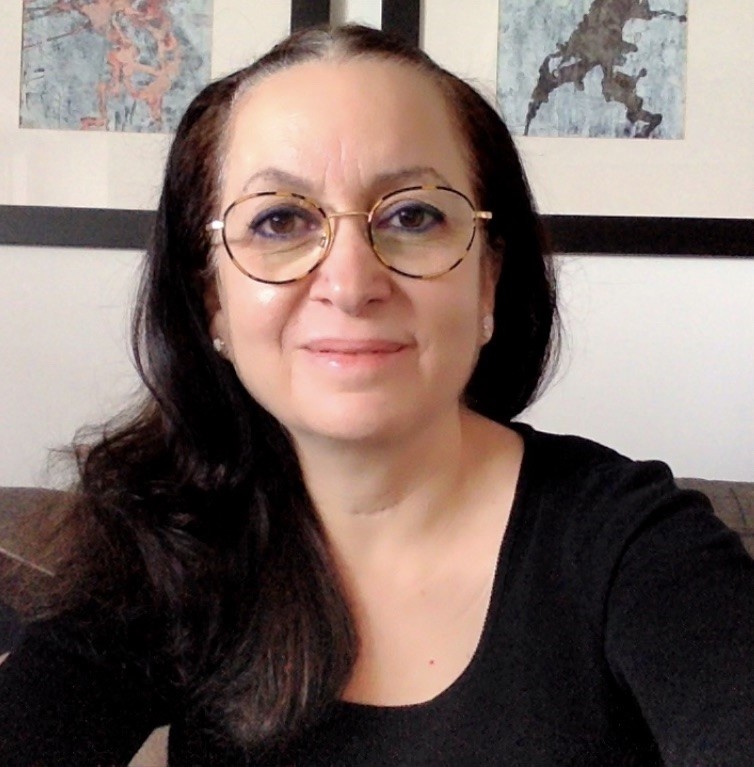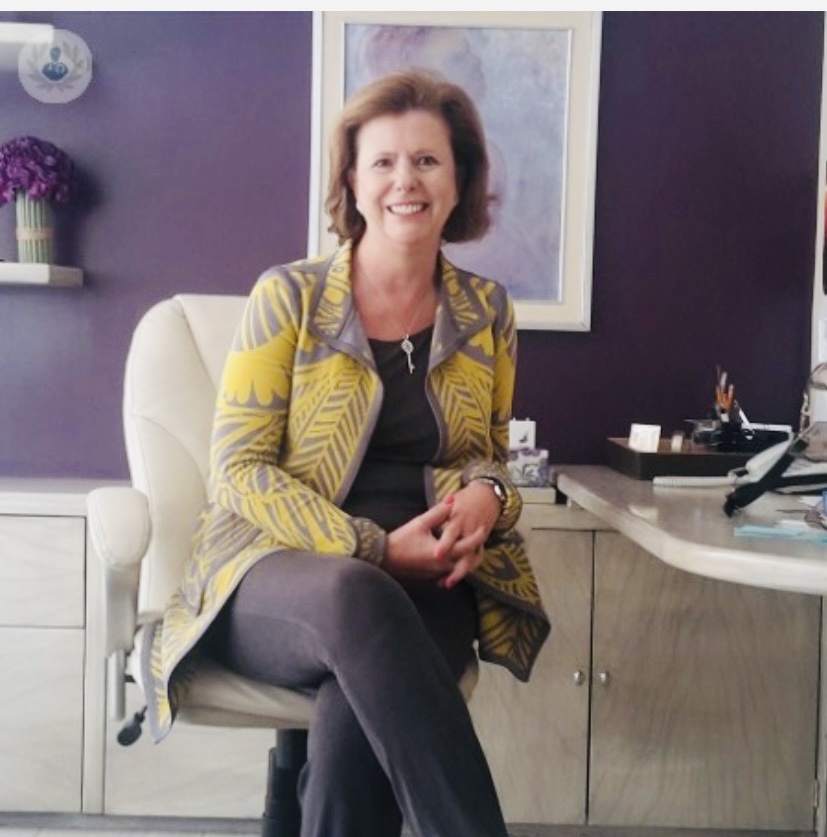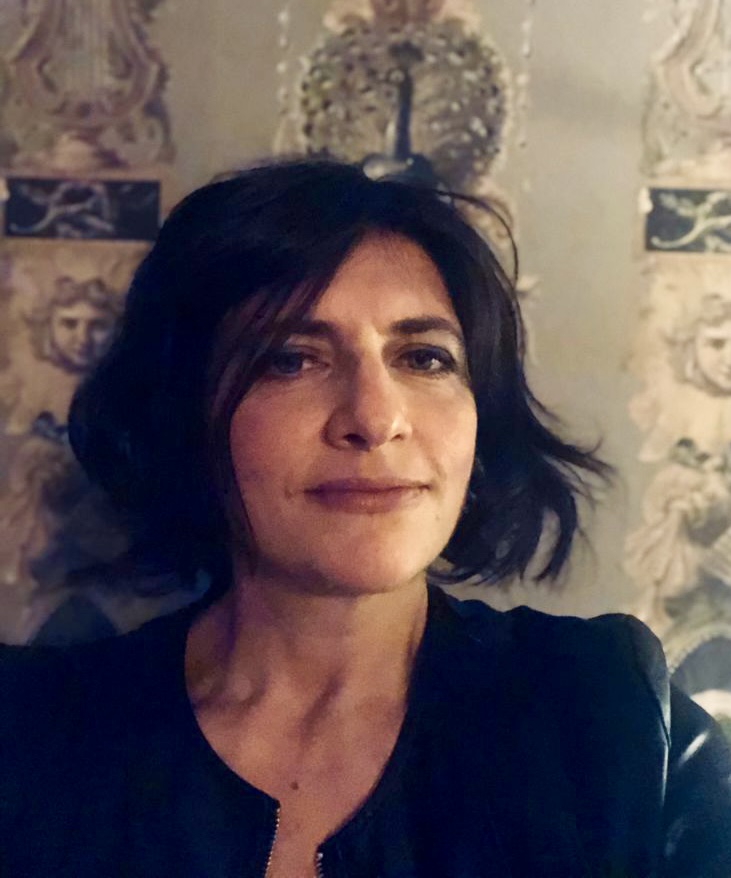IPA Webinars 2022
Hope and Rebirth: Psychoanalytic Reflections on Generation Z
Join the IPA LinkedIn Group: https://www.linkedin.com/groups/14048609/ to carry on the discussion.
Summary
Although adolescence is an expected and normal challenge in developing the personality, we are currently witnessing social and technological changes that have left a particular mark on how to live this stage. We live in a time of hyper connection, information, speed, and diversity. However, the so-called "Generation Z" brings together a group of young people sharing a way of life in the world. Feelings of loneliness, hopelessness and exclusion are necessary to think psychoanalytically to understand the current theoretical-clinical challenges. In this webinar, three leading psychoanalysts will debate about it.
Panellists:
 Darius Leskauskas (Lithuania)
Darius Leskauskas (Lithuania) MD, PhD, and Prof. in Psychiatry Clinic of Lithuanian University of Health Sciences (LUHS). Head of post-doctoral studies in psychotherapy in LUHS. Twenty years are practising as a child and adolescent psychiatrist and psychoanalytic psychotherapist. The main scientific interest fields are personality development in adolescence, anorexia nervosa, suicidal behaviour, and first episodes of psychosis in adolescence and adulthood. Specialist consultant for child & adolescent psychiatry in Lithuania's Ministry of Health Care. Ex-chairman of Kaunas Society for the Studies of Psychoanalysis and Psychotherapy. Member of Executive Committee of International Federation of Psychoanalytic Societies (IFPS). Co-author of a textbook, “Psychodynamic Psychiatry” (2016).
Generation Z – everyday living with an auxiliary ego
We know that there are significant differences between generations of our patients in certain aspects related to the differences in historical and socio-economic circumstances of their development. New informational technologies – smartphones and mobile internet – are taking the role of an ever-present auxiliary ego for the generations born in the twenty-first century. This development is influenced by the characteristics of these technologies and by changes in parenting patterns. Psychoanalytic literature tends to focus on only the negative influences of these factors on the development of personality, identity, and interpersonal relationships. This reflects our fears about the invasion of new technologies into our lives and limits our understanding of the possible positive potential of these technologies for the younger generations. We still need to understand better what it brings to our analytical work, transference-countertransference relationships with adolescent patients. The presentation will be illustrated with clinical material.
 Sumru Tufekcioglu, PhD
Sumru Tufekcioglu, PhD (USA) is a clinical psychologist, psychoanalyst and a faculty member and supervisor at the William Alanson White Institute in New York City. She is on the Mount Sinai Morningside and West Hospitals faculty in the Psychiatry Residency Program, where she received the 2019 Teacher of the Year Award. Additionally, she serves as an Executive Editor of the Contemporary Psychoanalysis and as President of the Candidates’ Council of the American Psychoanalytic Association. Dr Tufekcioglu has authored articles and book chapters on personality disorders, trauma, therapeutic alliance, case formulation, therapist self-disclosure, millennial culture and psychoanalysis. Her interests include psychotherapy integration, interpersonal and relational psychoanalysis and supervision and training aimed at helping trainees develop their style in psychotherapy. Dr Tufekcioglu is in full-time private practice in New York City, where she sees adults and adolescents in psychoanalysis and psychotherapy, does clinical consultation, and leads private study groups.
The Millennial Turn: An Emerging Domain in Problems in Living
Cultural changes over time lead to shifts in our understanding of psychopathology, leading to revisions in our theories and techniques of psychotherapy and psychoanalysis. Shaped by the seismic changes in the culture during their childhood years, millennials and Generation Z grew up with life experiences vastly different from the previous generations. These unique experiences led to other problems in living for the members of these two generations. What is this emerging domain in difficulties in living, and how can psychoanalysis understand and help this generation? These questions will be examined. Clinical and training implications will be explored and illustrated with case examples.
 Olga Santa María
Olga Santa María (México) President of the APM (Asociación Psicoanalítica de México). Ph.D. Clinical Psychology UNAM (Universidad Autónoma de México). Training and Supervising Analyst at APM
Child and Adolescent Psychoanalyst APM. Member of IPA and FEPAL. Collaborator of the IRED (Ego psychology entry for Latin America). She has been representing Mexico in FEPAL´s Commission of Child and Adolescents FEPAL since 2016. Founder and director of Psico Avance (private practice) since 1981 and has practised 40 years as a child, adolescent, and adult psychoanalyst. Professor, lecturer, and author of book chapters.
Turbulence in a generation crossed by COVID 19: Global/digital minds a psychoanalytic challenge
Most of us have been working with young adults for many years, but we have faced a new challenge this past two years, crossed by the pandemic. This webinar will briefly address the route from the silent generation, baby boomers, generation X, generation Y, Millennials, and finally, generation Z, also called pandemials or zoomers. We all have experienced the good, the bad and the ugly. New forms of suffering and the underlying pathology will be discussed, like the narcissistic identitary suffering (R. Roussillon). New virtual ways of relating and the issue of intimacy vs void: cathectic deprivation in the digital world to the extreme of becoming hikikomori. We have struggled with adolescents avoiding mourning and working through losses and trauma in the way of André Green´s white depression or psychic holes. Understanding somatic crisis, self-harm as a crisis in acting out directed within, and messenger acts. (Roussillon) are seen every day in our consulting rooms. The disguise of normotic personalities, behind the abnormally normal, in C. Bollas´s words that are reduced to stereotypes without genuine attachments: (fomo, jomo, ghosting, etc.), using an idiom that numbs and erases subjectivity. I will briefly mention some clinical examples that illustrate the above issues. Finally, the good stuff, as S. Akhtar says in his book: talking about resilience, gratitude, courage, etc., there are technical implications that we as psychoanalysts need to confront taking generation Z into account. We also fill our days with electronic stimuli, cell phones, computers, and even social media, which have become “transformational objects”. On the fast track, listening for the young population has been complicated; young people´s attention has shortened, but speaking the same language also connects and makes reflection possible. I have been surprised at unexpected creativity and a different quality of learning and vocational choices that have also changed and much better. Our patients are not Freud´s patients; we are immersed in cultural and psychic wrappings and ruptures. Discussing our experiences in different countries will surely enrich us.
 Moderator: Monica Bomba (Italy)
Moderator: Monica Bomba (Italy) Child and adolescent psychiatrist, Psychoanalyst Member of Associate Member, Società Psicoanalitica Italiana (SPI), and the International Psychoanalytical Association (IPA). IPSO Vice President for Europe and Member of the IPA Communication Committee.